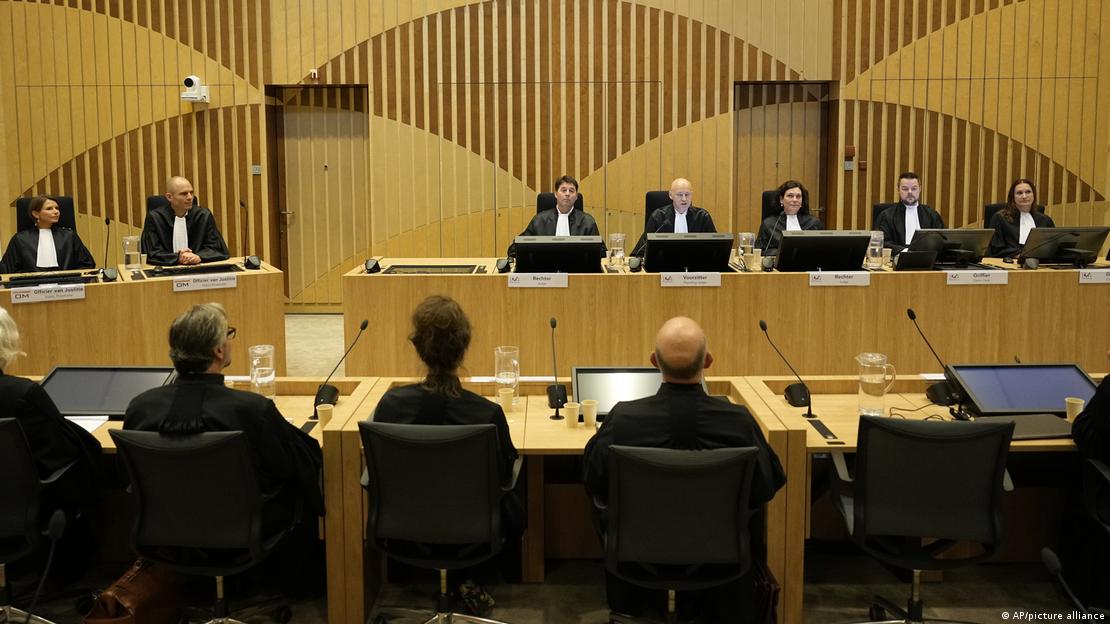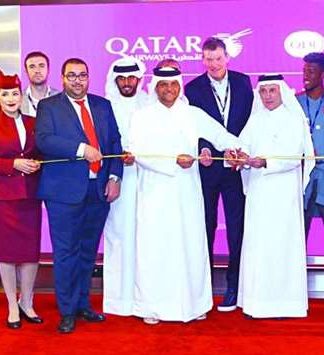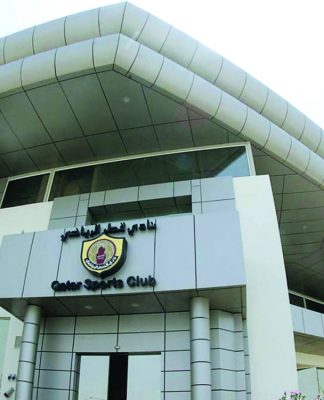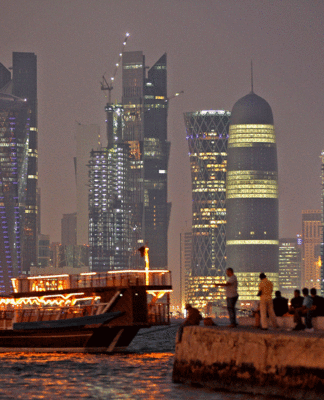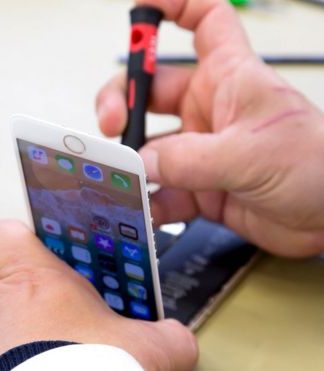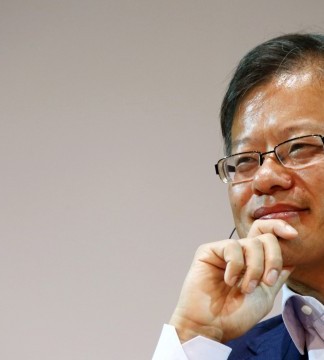LAW AND JUSTICEUKRAINE
Opinion: MH17 ruling gives glimpse of Putin’s possible fate
Goncharenko Roman Goncharenko Roman
Roman Goncharenko
Commentary
11/17/2022November 17, 2022
Three men have been convicted of murder for the 2014 MH17 downing. The case could serve as a model for a future Ukraine war tribunal, DW’s Roman Goncharenko writes.
https://p.dw.com/p/4JiMu
A panel of judges sitsA panel of judges sits
The verdict, nine years after the downing of MH17, is a belated consequence for RussiaImage: AP/picture alliance
It doesn’t get more symbolic: The day when the verdict was delivered in the trial on the downing of flight MH17, Russian missiles rained down on Ukraine. Once again.
The world was shocked when a single Russian anti-aircraft missile knocked the Malaysian Boeing, which was en route to Kuala Lumpur from Amsterdam, out of the sky over eastern Ukraine on July 17, 2014, killing 298 people. Until then, few had really noticed Russia’s war on Ukraine, which began with the annexation of Crimea. There was talk of pro-Russia separatists — but the Kremlin denied any involvement.
Eight years and four months to the day later, the farce is over. Judges of the Hague District Court concluded on Thursday that the Kremlin had had “overall control” of the so-called Donetsk People’s Republic at the time, including through Russian citizens who co-ruled there. Two of them were found guilty in absentia and sentenced to life in prison.
One of them is Igor Girkin. A former Russian intelligence officer, he called himself “defense minister” in the Donetsk region. The other — his deputy, Sergey Dubinsky — once served as an officer in the Russian army. A Ukrainian national, Leonid Kharchenko, was found guilty of providing help.
The court found the three largely responsible for bringing a BUK anti-aircraft system from Russia to Ukraine and using it against a passenger jet after mistaking it for a Ukrainian military aircraft. This mistake does not lessen the blame. The fourth defendant, a Russian named Oleg Pulatov, was acquitted for lack of evidence.
What will the takeaway be from this mammoth trial, which began in March 2020? Has the MH17 case not been eclipsed by the brutal invasion of Ukraine in February? It might appear so, at first glance.
Case not closed
This verdict has not brought an end to the case. There could be more proceedings, because it was not established who had given the order and why, the presiding judge said. Russian political and military leaders, who are obviously co-responsible for the downing of the plane, were not charged.
This will change when in the future an international tribunal to prosecute war crimes is set up in Ukraine. In October, the Dutch parliament voted for such a tribunal to be established; the idea is that it should handle events since the annexation of Crimea in 2014. It will also be able to draw on important experience gained in the MH17 case.
After all, there was a time-consuming investigation that lasted years. An international team examined thousands of hours of recordings of intercepted phone calls, as well as cellphone data and weather conditions. Investigators carried out complicated experiments and interrogated witnesses. The Dutch judiciary deserves the highest praise for arguably the most difficult trial in the history of civil aviation.
The main conclusion is that lies come to the surface and justice exists — even if it might take years to materialize. This verdict offers a taste of what could await Russian President Vladimir Putin and his military leadership after the Ukraine war tribunal: life behind bars. Perhaps those who were convicted this week will also have been arrested and jailed by then.
This commentary was originally written in German.














